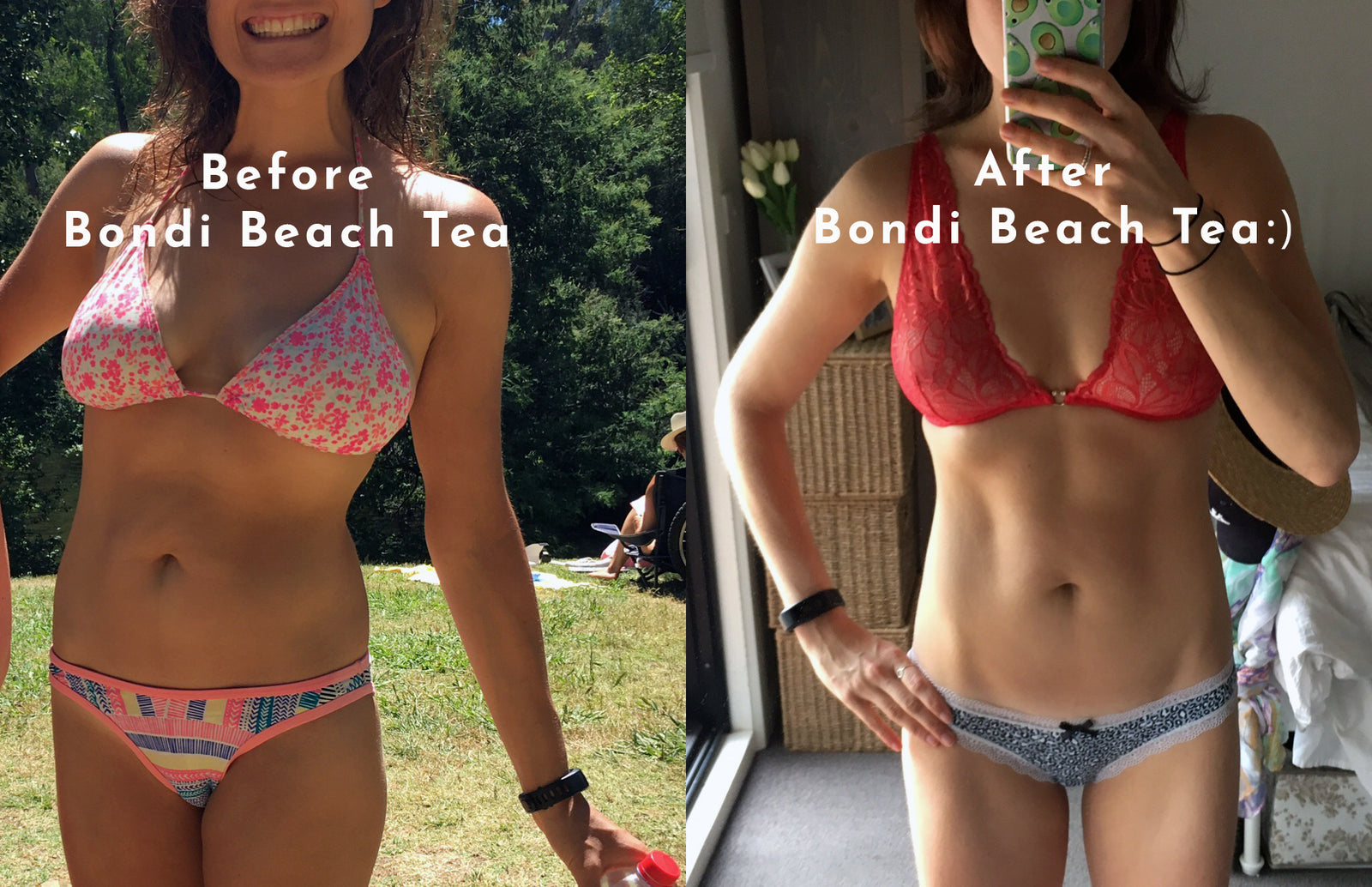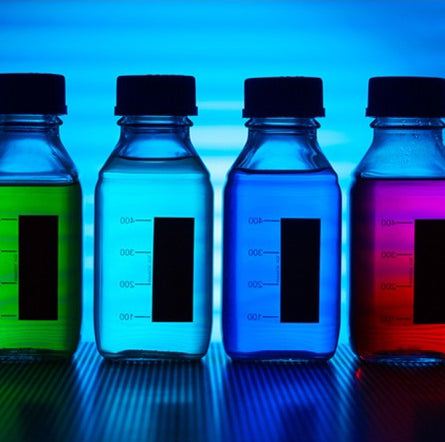Your Cart is Empty
I was making fresh Turmeric tea, along with Lemongrass and Ginger. But the gardener got rid of the Turmeric, so by chance there happened to be Turmeric Tea on the Internet as advertising. I don't normally respond to advertising, but the Turmeric is in chunky nodules. I heat the tea for 7 minutes in a saucepan, along with fresh ginger and only needs 1 teaspoon of this Bondi Beach Tea. I am very much over the moon to be having access to a replacement Turmeric and likely will order this again. I got the large packet.
I purchased the 2 pack to share with a friend because I loved how these teas made me feel the first time i tried them... although I haven't lost as much weight as I would like to... I have more energy and less bloating, fluid retention and stomach pain... I feel so much better all round and always look forward to drinking these teas daily. Thank you ♡
Great idea!, so easy to make, pop in and walla!, Done, good quality, pleasant tasting, however, it is a bit pricey, as there is only 24 in a bag, so it would be nice to have powder, for to make your own, especially if you’re having 2/3 cups a day and a pensioner






